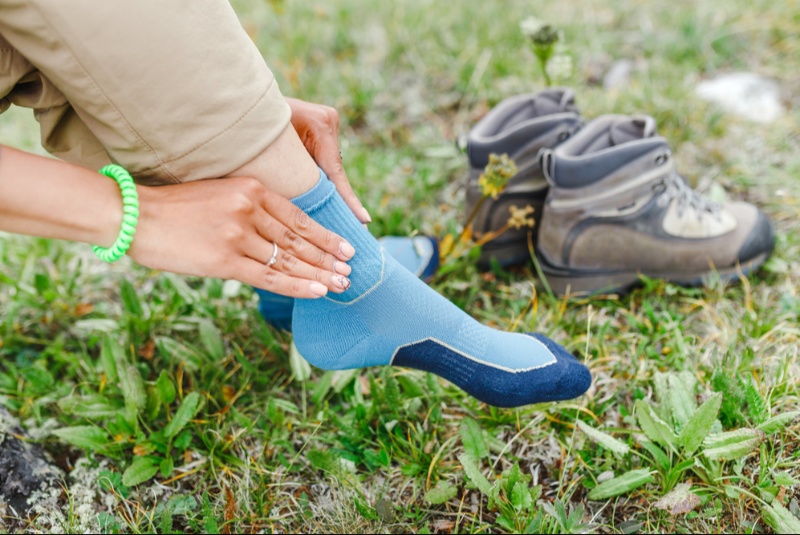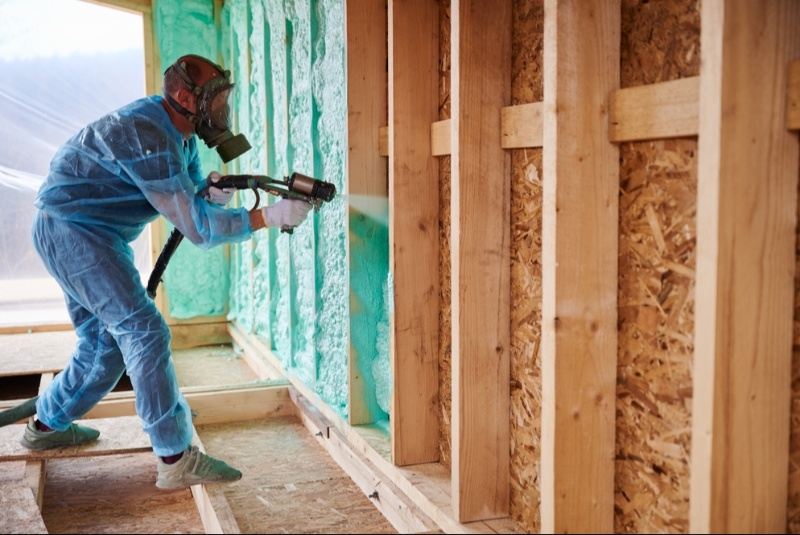Embarking on a camping trip can be an exciting adventure, but having the right gear is crucial to ensure your experience is enjoyable and comfortable. Among the most important pieces of equipment is the camping tent. This guide will walk you through everything you need to know to select the best camping tent that meets your needs, whether you're gearing up for a solo adventure, a family outing, or a rugged backcountry expedition.
Understand the Different Types of Tents
When choosing a tent, the first step is understanding the different types available and deciding which suits your needs. The most common types are dome tents, tunnel tents, and cabin tents. Dome tents are versatile and easy to set up, making them great for general camping and harsh weather conditions due to their wind resistance. Tunnel tents offer more space and comfort, ideal for family camping and longer stays in one location, though they can be less stable in high winds. Cabin tents are the most spacious with near-vertical walls, suited for large groups and longer campouts where comfort is prioritized over portability. Each type of tent has specific features that may be better suited for different camping situations, so consider what your primary needs are.
Consider Tent Capacity
Selecting the right size tent is crucial. Tents are usually marketed by the number of people they can sleep. However, for more comfort and space, it's advisable to choose a tent that holds at least one more person than the number of campers using it. For instance, for two people, a three-person tent is often more comfortable. Consider the layout as well; some tents offer multiple rooms or a vestibule to store gear, which can be particularly useful. This extra space can be invaluable for storing equipment, changing clothes, or just providing a little extra room to move around in during longer trips.
Check the Seasonality
Tents are categorized by the seasons they are designed to handle. Three-season tents are popular for their lightweight design and are built to handle the mild conditions of spring, summer, and fall. They can withstand downpours but are not the best for heavy snow or strong winds. Four-season tents are designed to withstand harsher conditions, including heavy snow and strong winds. They're heavier but more durable. Choose a tent based on the typical weather conditions you expect to encounter. Understanding the seasonality will help you pick a tent that ensures comfort and protection throughout your camping experience.
Evaluate the Materials and Durability
The durability of a tent is largely determined by the quality of the materials used. The tent fabric will often be a type of nylon or polyester. Higher-denier fabric canopies and rainflies are more rugged and water-resistant but heavier. The poles are typically made from either fiberglass, aluminum, or carbon fiber, with aluminum being a good balance between weight and strength. Check for reinforced seams and double-stitched areas, which help prevent leaks and tears. High-quality materials and construction enhance the tent’s longevity and performance in various environmental conditions.
Tent Weight and Portability
If you plan to backpack, the weight and size of the tent when packed are important considerations. Look for lightweight tents that are easy to carry over long distances. Ultralight tents are available but often at a higher price point and with some trade-offs in durability and space. If you’re car camping, weight won't be as much of an issue, and you might prioritize comfort and space over compactness. The right balance between weight and functionality is crucial for backpackers who need to manage their load during long hikes.

Setup Ease
Consider how easy the tent is to set up and take down. This is particularly important if you arrive at your campsite late or need to set up in poor weather conditions. Some tents can be pitched in just a few minutes with 'pop-up' designs, while others might require more time and effort. Check customer reviews and product descriptions for information on the tent’s setup process. A tent that is quick and easy to set up can significantly enhance your camping experience, especially after a long day of hiking or if you need to move camp frequently.
Ventilation and Condensation Control
Good ventilation is essential in a tent to manage condensation and provide a comfortable sleeping environment. Look for tents with multiple mesh panels, which allow for airflow and reduce condensation build-up without letting in bugs. Larger tents might also include adjustable air vents to help manage humidity levels inside the tent. Effective ventilation is crucial for ensuring comfort inside the tent, particularly in warm or humid conditions.
Check for Additional Features
Many tents come with additional features that can enhance your camping experience. These might include gear lofts, pockets for storage, lantern hooks, and cable ports to run electrical cords. Also, consider the quality and location of the zippers, which should be easy to use and durable. Doors should be adequately sized for easy access, and windows should have covers that provide privacy and protection from the elements. These extra features can make a significant difference in the functionality and livability of your tent, making your camping experience more convenient and enjoyable.
Price Consideration and Warranty
Finally, consider your budget and the warranty offered with the tent. Prices can vary widely based on size, material, and brand. Generally, investing a bit more can get you a tent that lasts longer and performs better in adverse conditions. Check the warranty and what it covers; a good warranty can be a sign of the manufacturer's confidence in the durability of their product and can save you money in the long run. A solid warranty and after-sales service are indications of a quality product, offering peace of mind that you are purchasing a tent that can withstand the demands of your adventures.
By taking into account these factors, you are better equipped to select a camping tent that suits your needs, ensuring comfort, protection, and enjoyment on your camping adventures. Whether you're after simplicity and efficiency for solo trips or spacious comfort for family outings, the right tent will make your outdoor experience all the more enjoyable.




